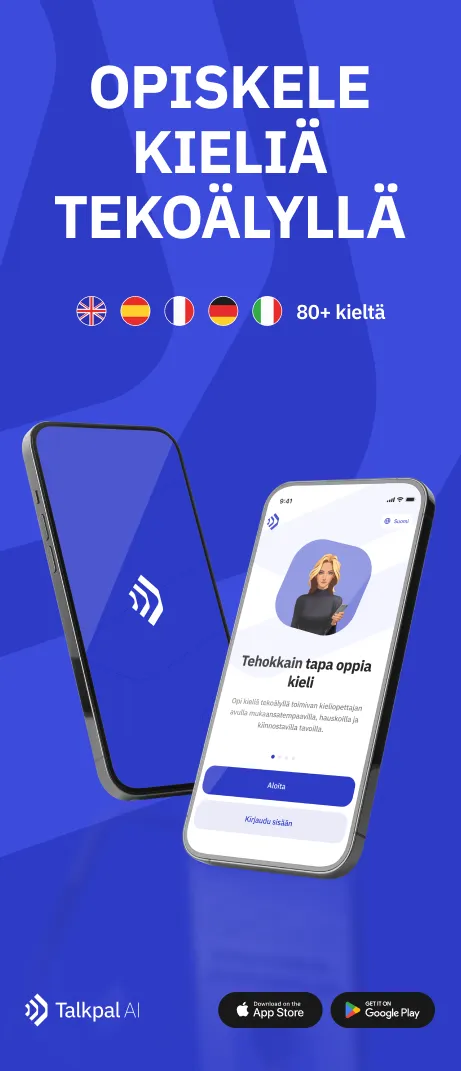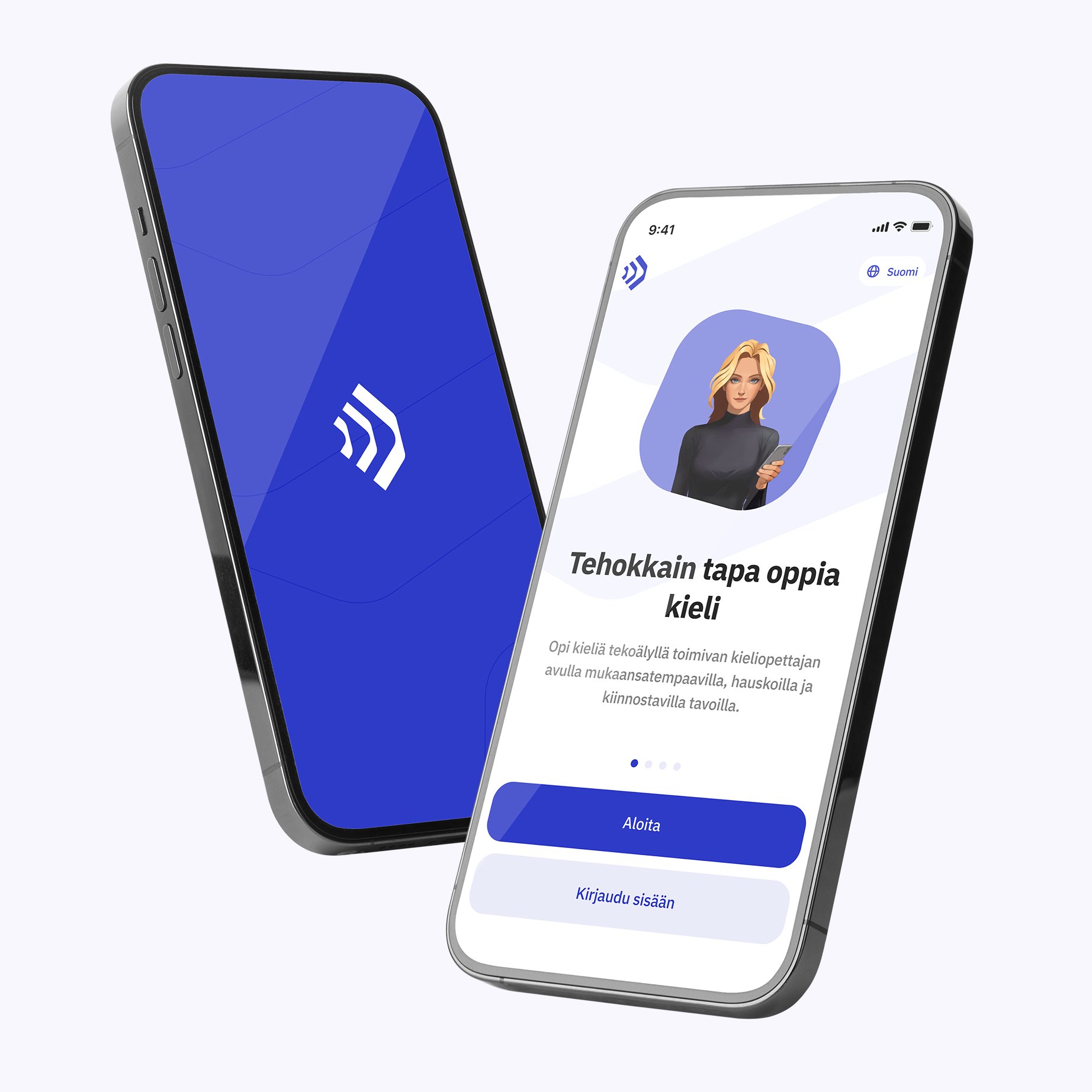Suora ja epäsuora puhe eroavat toisistaan siinä, että suora puhe siteeraa puhujan sanoja tarkasti, kun taas epäsuorassa puheessa alkuperäiset lauseet muutetaan raportoivan puhujan kertomaksi. Tässä artikkelissa on tehtäviä, jotka auttavat sinua harjoittelemaan epäsuoran puheen muodostamista englannin kielessä. Valitse oikea muoto yksinkertaisista englanninkielisistä lauseista ja kehitä näin kielitaitoasi!
Harjoitus 1: Muuta suora puhe epäsuoraksi puheeksi
He said, ”I am tired.” – He said that he *was* (tense) tired.
She asked, ”Do you want tea or coffee?” – She asked me if I *wanted* (tense) tea or coffee.
The teacher announced, ”The exam will be next week.” – The teacher announced that the exam *would* (tense) be the following week.
”I don’t like this music,” Tom complained. – Tom complained that he *didn’t* (negation) like the music.
”Can you help me?” he asked. – He asked if you *could* (modal) help him.
”We have finished our work,” they said. – They said that they *had* (tense) finished their work.
”I’ll see you tomorrow,” she said. – She said that she *would* (modal) see me the next day.
”You must complete the form,” he insisted. – He insisted that I *had* (modal) to complete the form.
”Don’t touch that!” she screamed. – She screamed not to *touch* (verb) that.
”I might go to the party,” he thought. – He thought that he *might* (modal) go to the party.
”Are you coming with us?” they asked. – They asked if I *was* (tense) coming with them.
”I have been to Spain,” he told her. – He told her that he *had* (tense) been to Spain.
”I could swim when I was six,” she said. – She said that she *could* (modal) swim when she was six.
”I won’t do it again,” he promised. – He promised that he *wouldn’t* (negation) do it again.
”Has John arrived yet?” she inquired. – She inquired if John *had* (tense) arrived yet.
Harjoitus 2: Valitse oikea epäsuoran puheen muoto
”I’m going to make dinner,” she said. – She said she *was* (tense) going to make dinner.
”Why are they late?” he wondered. – He wondered why they *were* (tense) late.
”We shouldn’t tell anyone about this,” they suggested. – They suggested that we *shouldn’t* (negation) tell anyone about it.
”You will need to sign here,” the manager explained. – The manager explained that I *would* (modal) need to sign there.
”I have never seen that movie,” she admitted. – She admitted that she *had* (tense) never seen that movie.
”Let’s go to the beach tomorrow,” he proposed. – He proposed that we *should* (modal) go to the beach the next day.
”I can meet you at six,” he offered. – He offered to meet me at *six* (time).
”How do you use this device?” he asked. – He asked how to *use* (verb) this device.
”I feel sick,” she complained. – She complained that she *felt* (tense) sick.
”We must leave now,” he insisted. – He insisted that they *had* (modal) to leave then.
”I did not understand the instructions,” she admitted. – She admitted that she *hadn’t* (negation) understood the instructions.
”Will it rain today?” she wondered. – She wondered if it *would* (modal) rain that day.
”I am buying a new car,” he declared. – He declared that he *was* (tense) buying a new car.
”You should check that document,” he advised. – He advised that I *should* (modal) check that document.
”We won’t make it on time,” they feared. – They feared that they *wouldn’t* (negation) make it on time.










